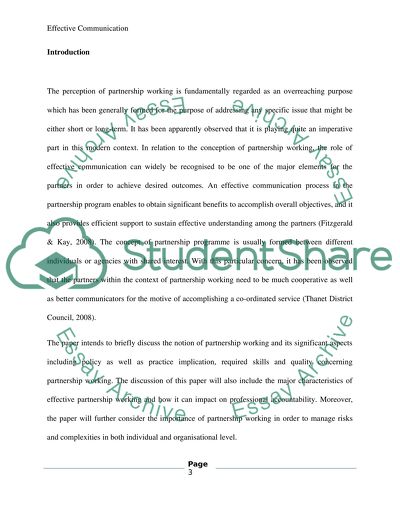Cite this document
(“Effective communication is the most essential element of successful Essay”, n.d.)
Retrieved from https://studentshare.org/sociology/1465680-effective-communication-is-the-most-essential
Retrieved from https://studentshare.org/sociology/1465680-effective-communication-is-the-most-essential
(Effective Communication Is the Most Essential Element of Successful Essay)
https://studentshare.org/sociology/1465680-effective-communication-is-the-most-essential.
https://studentshare.org/sociology/1465680-effective-communication-is-the-most-essential.
“Effective Communication Is the Most Essential Element of Successful Essay”, n.d. https://studentshare.org/sociology/1465680-effective-communication-is-the-most-essential.


